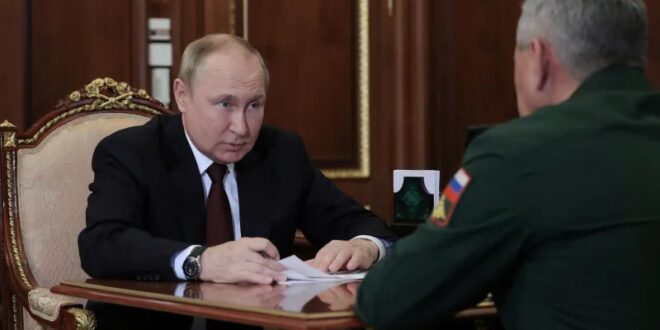The war in Ukraine seems to be entering a transitional phase. Early on, Russia failed in its effort to take Kyiv—so Russian President Vladimir Putin scaled back his ambitions and shifted his military’s efforts to the Donbas region in eastern Ukraine. As both sides battle it out there, exhaustion and the ability to replenish supplies, weapons, and manpower are becoming more and more critical. The Russians are trying to advance while the Ukrainians are gearing up for a possible counteroffensive. Will Putin declare victory if Russia is able to seize the entire Donbas? Can Ukraine retake occupied territory now that it has new offensive weapons systems from the United States and the United Kingdom? Will Western resolve and unity hold as the global energy crisis worsens?
Since Russia launched its invasion of Ukraine in February, Lawrence Freedman, professor emeritus of war studies at King’s College London, has closely tracked what’s happening on the battlefield. He’s not the only person carefully monitoring the day in, day out fighting, but Freedman happens to be one of the world’s greatest living military historians, making his analysis of the conflict indispensable. His upcoming book is called Command: The Politics of Military Operations from Korea to Ukraine.
We discuss the reasons behind the Russian military’s setbacks, whether fears of escalation are misplaced, and what could happen next in the war.
 Eurasia Press & News
Eurasia Press & News




